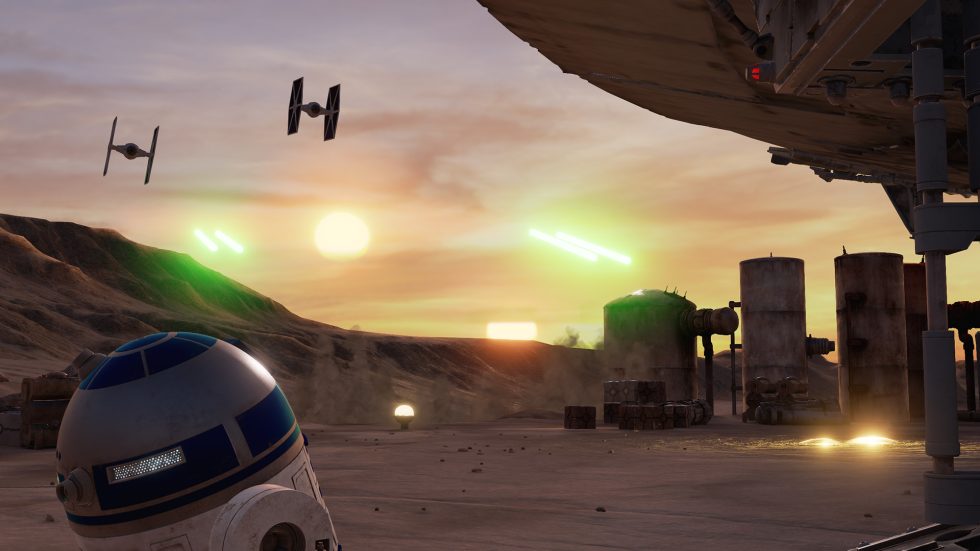Back in the day, if you wanted a specially colored game controller, too bad. Gamers were stuck with the system default (unless you bought a cruddy third-party pad, of course). The N64 was the first system to buck that trend, launching 20 years ago with six default controller colors. This many years (and consoles) later, the novelty has worn off.
Or, has it? At this year's E3, Microsoft announced that players could head to Xbox Design Lab to really customize their Xbox One controllers by letting them pick seven discrete color options spread across its body and buttons. We had a chance to see a few sample pads during the conference, and now we've gone and gotten ourselves a pair of fully customized pads.
As a result, we've observed exactly how Xbox Design Lab's $80-$90 controllers look from Web-store interface to couch-combat reality—but we've also gotten to see their biggest Bluetooth-related shortcoming for now.






